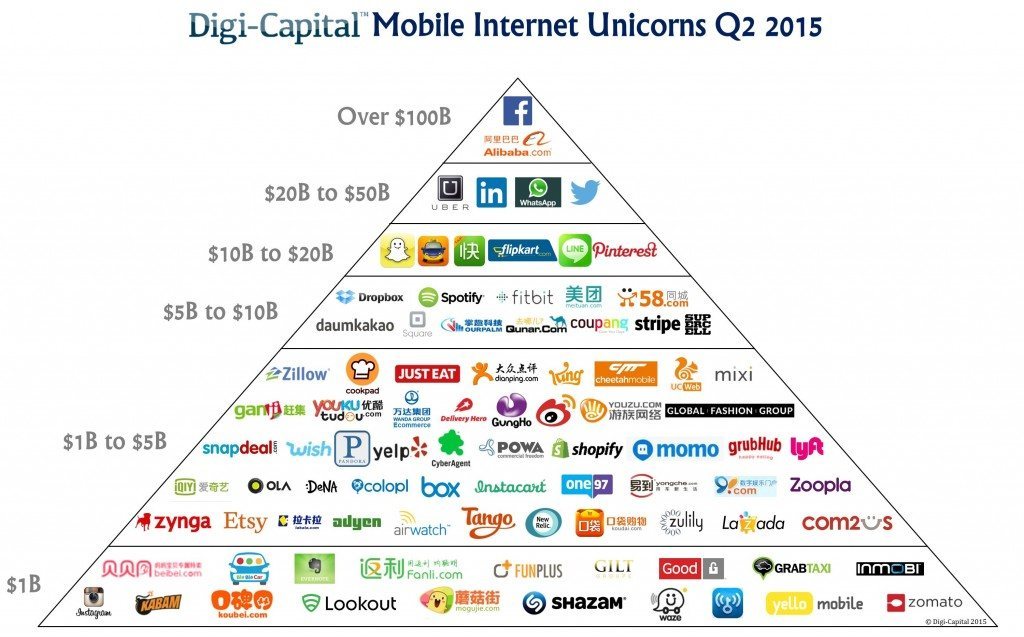 |
| U.S. Navy personnel using a VR parachute trainer (Photo credit: Wikipedia) |
How You Watch Sports Is About to Change Forever With Virtual Reality
We live in an era of unprecedented global interest in live sports. .... The Summer Olympics holds the highest estimated total viewership, with almost 5 billion people tuning in at some point—approximately 70% of the world’s population.I think the idea of recreating "the magic of live events for people around the world" is an exciting proposition.
The entire sports market is worth $700 billion per year, or 1% of global GDP.
...... Sport has a unique, almost unparalleled power to permeate boundaries and bring people together. ..... Yet, the viewing choices for fans are essentially binary: to watch sporting events on TV, or go to a stadium and watch the game live. The former lacks the energy of a live event, while the latter can be expensive and, for most games, is too far away to attend. ..... an exciting new alternative emerging. Virtual reality offers fans the best of both worlds — delivering the electricity of a live game at home (or wherever they are) — and a growing number of new entrants are working to make VR the next big thing in sports. ....... The San Francisco 49ers’ Levi’s Stadium boasts WIFI thirty times faster than any other stadium. The soon-to-be-opened Sacramento Kings Arena promises to be at the cutting-edge of sports experiences. ...... The Pacquaio v Mayweather boxing fight sold out in minutes, with tickets changing hands for upwards of $13,000. ...... VR levels the field, enabling the masses to experience what only a minority might otherwise experience. For live sports broadcasters, virtual reality offers the holy grail of sports fan engagement and monetization —
to be able sell the same seat infinite times.
.
Broadly, these break down into three categories:
We are not seeking to build a better camera; we are building a new medium. We believe people go to stadiums for more than just the view; they go for the atmosphere, the social interaction, the electricity, the sense of being there. .....
- Stitched 180- and 360-degree film companies using an array of high resolution, often 4K cameras to give an immersive visual experience, coupled by a layered audio experience. Examples of such companies include Jaunt, Next VR, 3D-4U.
- Player training and performance improvement technology, which enables elite players to run plays repeatedly, improving their knowledge, understanding and execution of those plays. Examples include EON Sports, SIDEKIQ and STRIVR.
- Immersive social networking for VR, focused around embedded filmed content. Examples include AltspaceVR and LiveLike.
Our mission is to recreate the magic of live events for people around the world.
........ Fans can pick any viewing position, move around and talk to other fans. ..... Primary limitations include the accuracy and depth of 3D data (as gathered by cameras or sensors) and the quality of the virtual reconstruction of the game being tracked (which in turn depends on both high-quality graphical rendering and clever AI). ..... ever improving cameras and methodologies) as well as technological leaps being made in graphics. Virtual experiences are becoming photo-real. The line between filmed and virtual broadcast is narrowing. ...... the recent Jurassic World movie, which features largely CGI landscapes .... A fan can pick any seat in the stadium, but can also experience the game from new perspectives — such as on the field, or watching from the viewpoint of a particular player. They can even float above the field and watch from viewing positions that are very difficult to capture using cameras...... Emotions are difficult to capture using facial tracking. There is a small latency when rendering the event (roughly six seconds). There are technical challenges in dealing with multiple concurrent conversations between fans. ..... We believe the future of live sport viewing will be a combination of actual footage and virtual reconstruction, and that our approach provides that real sense of being there at the game.
What if a stadium were to be built catering primarily to the VR experience? Trying to add the VR experience to existing stadiums is the second best option. The best option is where you put the VR experience at the center of it all.
This has use for many things other than live sports. This has use for MOOCs, for example, Massively Open Online Courses. Because, so far, social has been the hard part. How do you do social online? This could be put to use for political gatherings and protests. Egypt might have had a different outcome if a global audience had participated in Tahrir Square.
Done right VR is a richer experience than getting a seat at the stadium. I think you could use this VR thing for extended family gatherings with disastrous effects.
Have you figured out that nausea thing, though?
“One day Amitabh (Bachchan) came to me with a box full of sweets. When I enquired about the occasion, he said his daughter had delivered a baby and that he had become a ‘nana’. I jokingly remarked,’it took you so long to become a Nana. Look at me. I am Nana since my birth,” laughed Nana Patekar.






